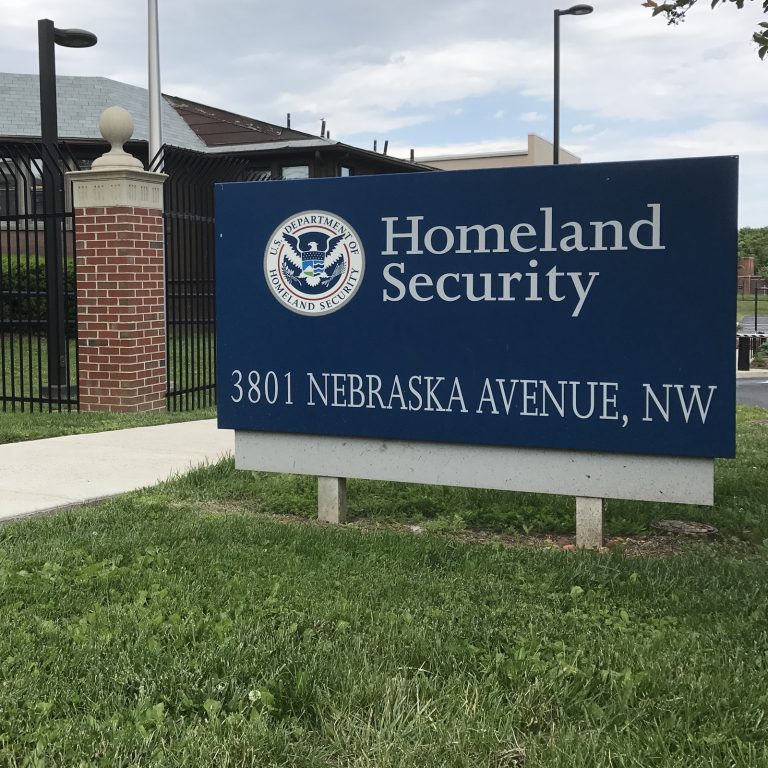2018-12-7 03:21 |
The U.S. Department of Homeland Security is working on an endeavor to improve their anti-counterfeiting and anti-forgery efforts in examining documents. Rather than looking inward, they are offering an opportunity to blockchain startups to move their progress alone. In return, there will be grants that amount to $800,000 on the line.
The non-dilutive funding, using the department’s Science and Technology Directorate (S&T), will use four phases of allocation. Non-dilutive funding essentially means that the financing requires no equity, and this allocation will be performed by the authority’s Silicon Valley Innovation Program (SVIP).
This program coincides with a solicitation from DHS titled “Preventing Forgery and Counterfeiting of Certificates and Licenses.” It will ultimately help with the improvement of their efforts to stop false documentation, supported by blockchain technology.
Melissa Oh, managing director for SVIP, said, “DHS has need of the innovations coming from this community to ensure we are at least a step ahead of national security threats.”
Once the startup (or startups) is chosen, the resulting work on the blockchain stands to benefit the “mission needs of multiple DHS programs. Those programs include U.S. Customs and Border Protection (CBP), U.S. Citizenship and Immigration Services (USCIS), and Transportation Security Administration (TSA)
Startups must follow certain protocols to qualify, starting with a solution proposal presentation. The presentation must include the use cases that the startup provides, which includes issuing documentation for travel, immigration, cross-border oil, and more.
Any startup or small business that hasn’t held a government contract in 2018 can qualify with these requirements, though they must also have less than 200 employees when they apply.
Anil John, the technical director for SVIP, said, “The broad Homeland Security mission includes the need to issue entitlements, licenses and certifications for a variety of purposes including travel, citizenship, employment eligibility, immigration status and supply chain security.” Continuing, he said, “Understanding the feasibility and utility of using blockchain and distributive ledger technology for the digital issuance of what are currently paper-based credentials is critical to preventing their loss, destruction, forgery and counterfeiting.”
This isn’t the first time that the DHS has expressed interest in integrating blockchain technology. In 2015, the entity decided to accept additional research proposals to start learning more. There was recently a pre-solicitation document published that examined how crypto could be used, and how to track transactions with Monero, Zcash, and other privacy coins.
origin »Bitcoin price in Telegram @btc_price_every_hour
High Performance Blockchain (HPB) на Currencies.ru
|
|













